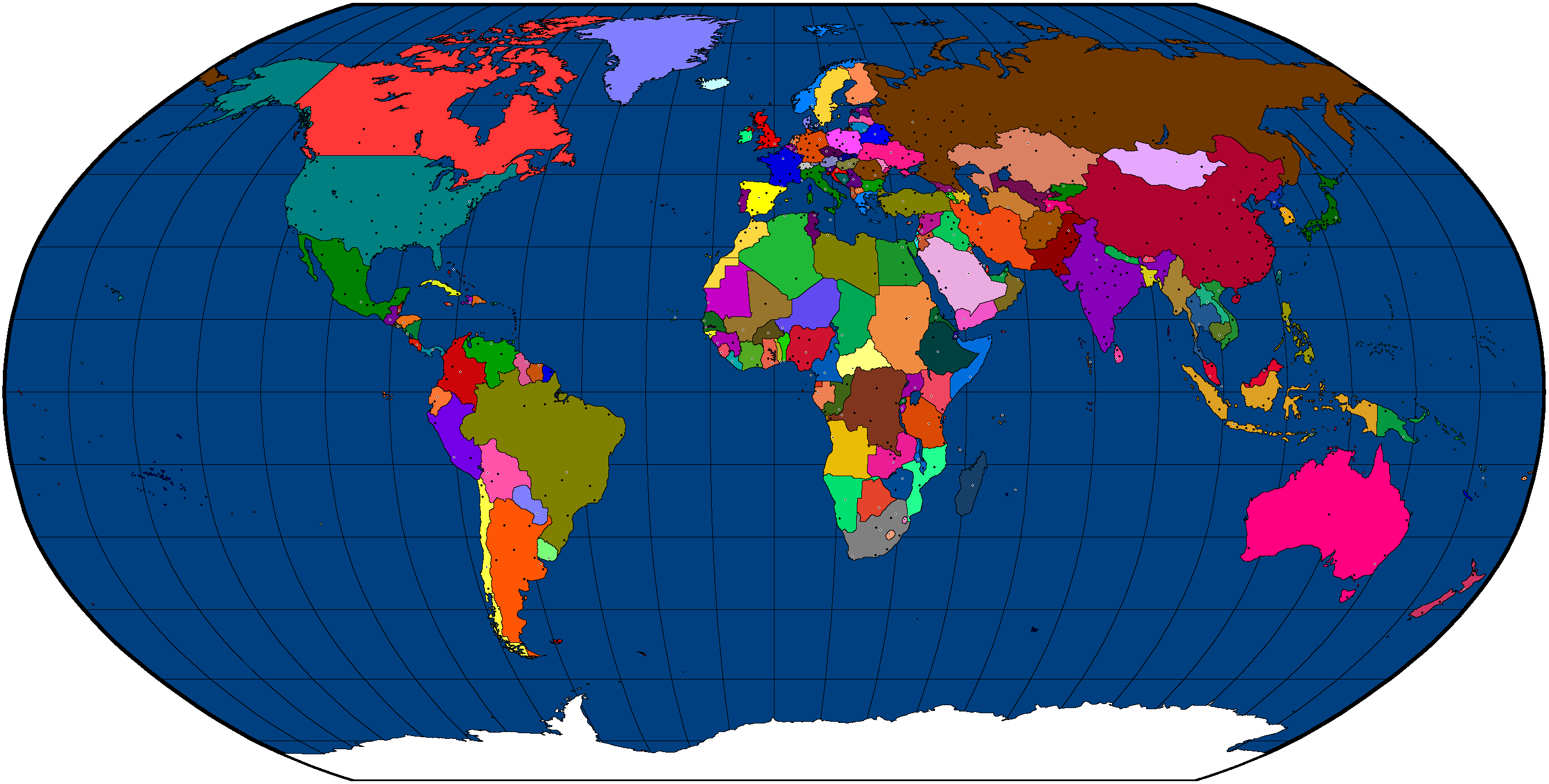Stormbringer
The Brick and The Rose
MOSCOW, December 31 (RIA Novosti) - The following list is what many RIA Novosti correspondents consider the 10 most important world events of 2005.
1. The failure of the European Constitution. By voting against the European Constitutional Treaty at a national referendum, France caused heated debates on the future of the European Union.
2. A terrorist act in London overshadowed the G8 summit in Gleneagles, Scotland, and spoiled Britons' joy over London's election as the host city for the 2012 Olympics. Four explosive devices went off in the underground and a bus, leaving 50 people dead and about 700 injured.
3. The death of Pope John Paul II marked the end of an era in the life of the Roman-Catholic Church and modern history.
4. The outbreaks of interethnic violence in wealthy European countries and Australia.
5. The disengagement of Israeli troops and settlements from the Gaza Strip and the West Bank caused a split in Israeli society and made Prime Minister Ariel Sharon, who once initiated the creation of these settlements, quit the ruling party.
6. Hurricane Katrina in the United States showed that the world's leading super power was unprepared to deal with the aftermath of the natural disaster. The hurricane destroyed the cradle of jazz, New Orleans.
7. Talk of a possible civil war resumed in Lebanon for the first time since 1975 following the assassination of Lebanon's former Prime Minister Rafik Hariri and the withdrawal of Syrian troops from the country. An international commission reported to the UN in October 2005 that senior officials in Syria and Lebanon could have had a hand in the assassination.
8. Latin America "tilted to the left" a great deal in 2005. Venezuela, Brazil, Uruguay, Argentina and Bolivia formed a new political alliance based on anti-American sentiments. Ultra radical leftist politician Evo Morales was elected president of Bolivia. The United States failed to create a free trade zone in the region.
9. The trial of former Iraqi leader Saddam Hussein triggered debate about whether convicting the dictator would help bring stability or cause a new wave of violence in Iraq.
10. Iranian President Mahmud Ahmadi-Nejad's anti-Semitic statements outraged the world and complicated Tehran's efforts to prevent its "nuclear file" from being handed over to the UN Security Council.
Rules
Government- This is the type of government used by a nation. It reflects both the structure and ideology of the government.
Economy- This is the measure of a nations general economic health. It is an overview of the entire economy, including production, investment, exportation, and purchasing activity.
Gross National Income(GNI)- This is the total income of all people, corporations, companies, etc. that are within the nation. Coinsidently since this is the total income this is the total taxable amount. (Tarriffs and such will not be represented)
Growth- Very straight forward. This is the current growth rate of the country's GNI. It is affected by a number of things, one of the most important being the tax rate.
Tax- The average tax rate from 0% to 100%. I am not going to deal with different taxes on different incomes, etc, you just set one tax rate for the GNI.
Upkeep- The minimum that needs to be paid to keep your country's quality of life, literacy, and quality of armed forces from falling. You can chose to use this money elsewhere, but be prepared for the consequences. This money is NOT included in your revenue.
Revenue- This is how much you make from taxes after paying the upkeep, or in NESing terms the actual economy you can spend.
Debt- External Foreign Debt of a country. I will not get into who lends money to whom, but the fact remains you should pay it back, and we will asume that you can borrow a reasonable amount.
Industry- This is the industrial capacity of a country. It is split into civil and military industry, should be very straight forward from there. The growth rate of the inudstry is related to the growth rate of the GNI, the more people make the more they invest in the industry, easy?
Literacy- The percentage of adult population of a country that is literate. Higher literacy - better economy, faster research. Costs you in the upkeep though.
Quality of Life- This is an overview of the standard of living in a country. Quality of Life is dependent primarily upon Economic health and Social Services expenditure, and in turn affects the quality of economy and military. Goes from 1 to 10.Literacy- This is the percentage of a nations population which can read and write in their native language with a sufficient level of proficiency. Literacy is primarily dependent on Education and Quality of Life.
Army- These are the land forces of a nation.
Navy- These are the naval forces of a nation.
Air Force- These are the air forces of a nation.
Strategic Forces- I think you guessed it, these are the strategic forces of a nation.
Projects- Major projects of the nation, will take both money and time to complete, works just like other NESes.
Advances- Nations (in cooperation with other nations or with private corporations) can develop new technologies. Development costs and times vary.


 Otherwise I'll go with Nigeria. If not possible either then South Africa. Finally, should all else fail, then I'll take Greece.
Otherwise I'll go with Nigeria. If not possible either then South Africa. Finally, should all else fail, then I'll take Greece.